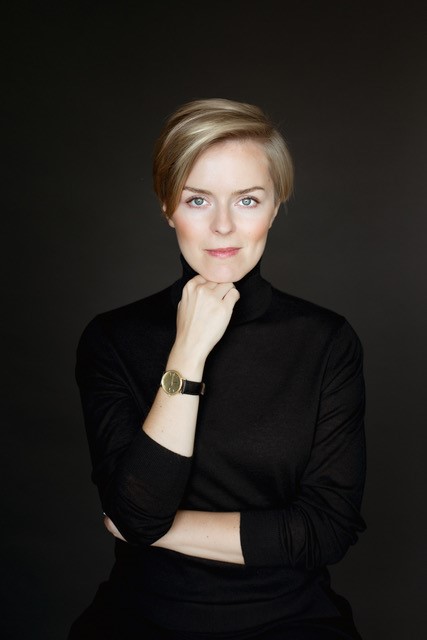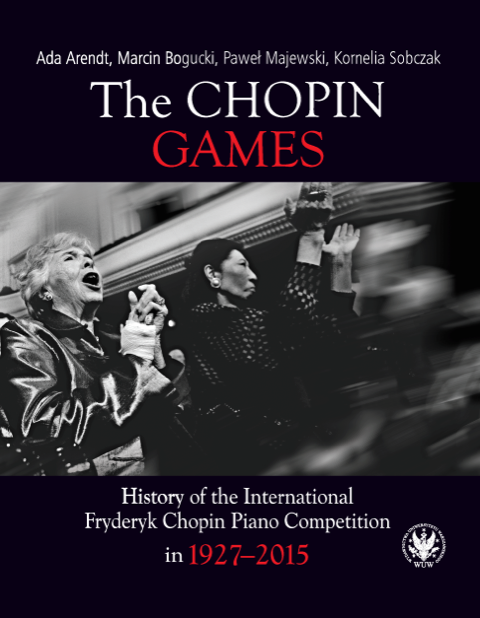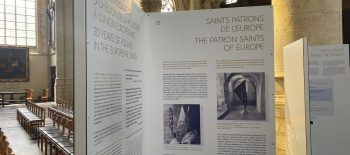‘An extra-ordinary Piano Competition’ The International Chopin Piano Competition in Warsaw through the eyes of a cultural historian. By Ada Arendt.
For over a century, the International Fryderyk Chopin Competition has been a part of the Polish cultural landscape, as well as a focal point of the music scene in Poland. This event, which takes place every five years and is followed by the mass audiences online, on radio and on television, is one of the oldest, as well as one of the few monographic competitions in the world solely dedicated to the musical output of a single composer.
The wish to uphold the Chopin piano tradition and to capture the Polish school of performance by contrasting it with other national piano schools were the reasons behind the creation of the Competition in 1927. Over time, the Competition, however, has become more than just a piano performing forum. During the socialist period in Poland, it played a role in the mass musical education of the country’s society, and served as a window to the world in the period when the Polish musical life was opening up to the international audiences. Today, in the time of globalization, it reaches record audiences online and via social media.
Its successive editions reflect the esthetic, political and media changes, which took place worldwide over the past century. Initially, the Competition only received short references in the daily press, to progress to an extensive radio coverage after the Second World War, and then to day-to-day coverage on vinyl records throughout the 1950s. Over the following decade, it was covered on a daily basis in the press, with full-color photos accompanying the stories, and finally, it entered the era of live coverage by national TV broadcaster, and most recently, on a dedicated YouTube channel and via smartphone apps. In recent years, 31 million viewers watched the Competition on the YouTube, apps, Polish social media and online TV channel “Medici”. That number includes 10 million Poles, which means that the Competition was followed by every third Pole. In Warsaw, spontaneous exchanges of opinion on the performances of individual competitors on trams and in taxis have become anecdotal.
The Competition, along with the figure of Chopin himself, has become a part of Warsaw’s cityscape. After all, Warsaw is the city where Chopin grew up, and its Music Academy, as well as the airport, are named after him. In Warsaw, the number of souvenirs, monuments, concerts and tourist trails in Chopin’s footsteps can only rival the commemorations of Wolfgang Amadeus Mozart in Salzburg, Austria. Incidentally, even the story of the post-war reconstruction of the seat of the National Philharmonic in Warsaw is connected with the Chopin Competition, as its inauguration was scheduled to coincide with the Competition’s 5th edition.
The Competition’s Laureates become a part of the Polish national imagination. They are warmly received by the public, and their victories are feted throughout their victory tours, long after the Competition is over. Recordings of Chopin music by laureates of previous editions released by Deutsche Grammophon regularly have been known to reach the triple platinum and led to the artists’ regular cooperation with this classical music label. So far, Deutsche Grammophon has released as many as 28 records by the laureates of the past three Competitions.
The Fryderyk Chopin International Piano Competition is a truly exceptional cultural phenomenon. It is studied not only by musicologists, but also by experts specializing in cultural studies and cultural anthropologists, who analyze it not only as one of many piano contests in the world, but primarily as an example of a high culture phenomenon which has become a cultural institution, invariably riveting the mass public’s attention every five years.
About the author


Dr Ada Arendt is a historian of culture, translator, assistant professor in the Institute of Polish Culture of the University of Warsaw.
She is the co-author of the book “The Chopin Games. History of International Fryderyk Chopin Competition in 1927-205”, translated by Tomasz Zymer (Warsaw, 2020).



